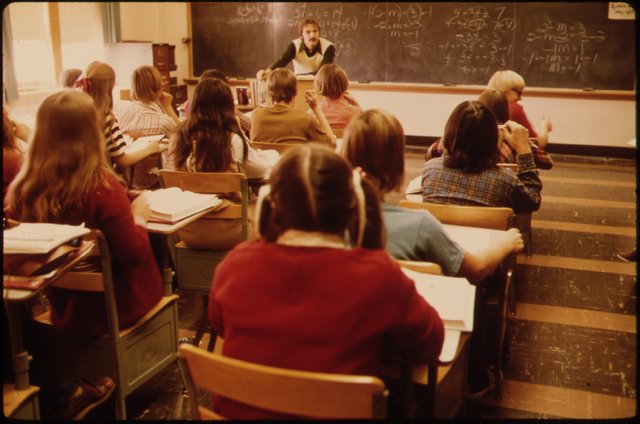Re-thinking Education: Why Charter Schools Won't Solve the Problem
Most people (that is, those without an agenda) will freely admit that the education system in the United States is broken. At the very least, they recognize the need for a certain degree of reform of the current system. Others see the introduction of market-style competition as the solution for struggling schools, forcing them to compete for student enrollment and the tax dollars that are attached to them. While I am undoubtedly a free-market capitalist in the most radical sense of the term, this ultimately isn't enough to fix what is wrong with the American education system. Old forms need to be de-funded and abandoned completely.
Why Charter Schools Don't Work
I had barely begun my teaching career in the mid-1990s when the charter school movement began to take shape. The premise was simple: traditional, government-run schools were failing to serve the needs of students, particularly those in poorer communities. Therefore, it was argued, some regulations should be relaxed, allowing school districts to create more innovative schools if they desired and permitting private organizations to establish schools that were not subject to all of the requirements of their old-school counterparts. In other words, the idea behind it was, "The traditional schools aren't helping kids, so let us give it a try!"
Sounds sensible, right? It definitely checked the right boxes for me, being someone who entered the profession to make a difference in the lives of young people. It seemed innovative and revolutionary and just the thing that was needed to provide educationally disadvantaged students the opportunities that their local schools weren't giving them. And, having worked in charter school environments for a few years, I can attest that there are indeed schools that are superior to their traditional counterparts in increasing literacy and numeracy among their students.
So, what's wrong, then? Aren't they fixing what's broken? Well, no. While one cannot argue that students who are better at reading and arithmetic are at an advantage over those that aren't, the problem is that there is much more involved in equipping students for success throughout the second half of the century. And, ultimately, most charter schools are not truly innovative, but rather are merely trying to beat the traditional district schools at their own game. The scoring criteria of that game, set by the state are: high school graduation rates, college acceptance levels, and, of course, scores on the state's standardized tests. The taxpayer-funding of these charters is dependent solely on these criteria, and nothing else (besides demonstrating sound management of their own finances). If they want to exist, they must play this game and do it well.
But none of these criteria is innovative. None of them is truly an indicator of future financial success. And none of them measures how prepared a student is going to be in order to navigate the waters of the workplace and adapt continually to an ever-changing career landscape. In order to equip future adults, more has to be done than pushing them more successfully through an outmoded, irrelevant education system.
